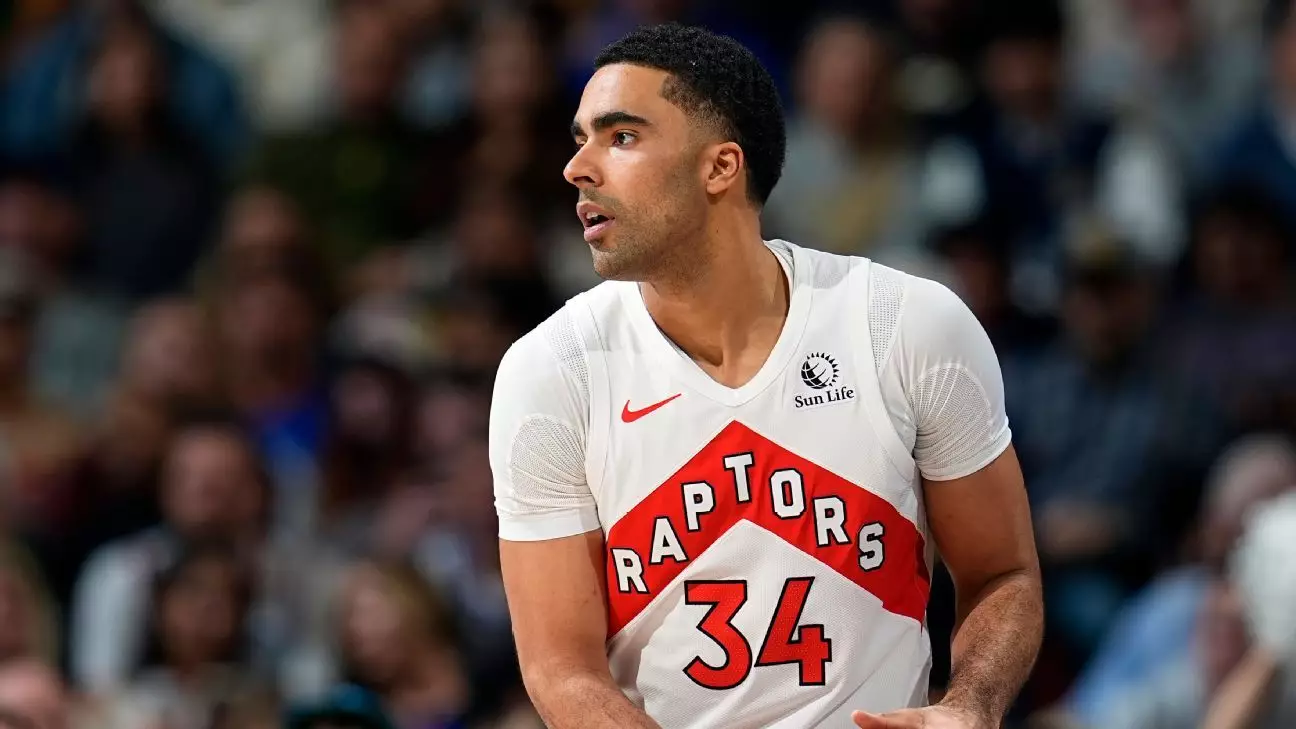In recent months, a wave of scrutiny has enveloped professional sports, especially basketball, with the spotlight firmly fixed on the dark side of gambling. The core issue is the vulnerability of athletic integrity in the face of increasingly sophisticated betting markets. While the excitement of sports betting has expanded, so too have the risks—ranging from match-fixing to athlete harassment—prompting leagues and stakeholders to reconsider their approach. The core dilemma isn’t solely about restricting bets but about reevaluating the delicate balance between customer freedom and safeguarding the sport’s credibility.
The NBA’s stance has become notably more cautious, signaling a willingness to impose tighter restrictions on certain types of wagers—particularly prop bets. This selective curtailment reflects a recognition that some betting markets, especially those involving in-game player performance, are more susceptible to manipulation. The recent case of Jontay Porter, a former NBA player, has added fuel to the fire. His involvement in a federal scheme, where he manipulated his performance to benefit gamblers, is a stark reminder of how fragile the integrity of a game can be when players and bettors cross ethical boundaries. Yet, it is crucial to understand that Porter’s case appears to be an outlier, not the norm, but it raises fundamental questions about how leagues should respond.
The league’s reaction has been to restrict betting on certain player markets, especially for those with less established contracts, exemplified by the league’s decision to limit bets involving two-way contract players. However, this ad hoc approach reveals a deeper tension in the broader sports gambling landscape: how much should industries restrict to protect the sport without alienating fans who seek genuine entertainment through legal channels? The answer is complex, and, perhaps, leagues have overreacted to isolated incidents.
Regulatory Measures and the Push for Safer Betting Practices
States like Ohio and New Jersey have taken proactive measures to curb the most vulnerable forms of micro-bets—those tiny wagers placed on specific in-game events. Ohio’s governor, Mike DeWine, specifically targeted “microbets,” citing the recent betting scandal involving baseball pitchers as a compelling reason for action. His call for bans on such bets reflects a growing concern: that the ease of placing small, specific wagers could facilitate corruption or athlete harassment, eroding public trust in the sport.
New Jersey’s legislative efforts mirror this cautious approach by attempting to eliminate micro-bets altogether from sportsbooks operating within the state. These measures, though well-intentioned, have sparked debate. Critics argue they threaten to stifle the innovation and entertainment value of sports betting, claiming that banning micro-bets might deny fans the chance for more interactive and engaging experiences. They contend that the focus should instead be on improving oversight and transparency rather than outright bans.
Additionally, the sports leagues themselves face a choice—whether to lean into stricter regulations or to foster a responsible gambling environment that respects fans’ rights. While some argue that the leagues are overreacting by restricting certain bets, others believe that proactive restrictions are necessary to preserve the integrity of competitive sports. Striking this balance is perhaps one of the greatest challenges facing today’s sports industry.
The Broader Implications for Athletes and Fans
Beyond just regulatory constraints, there’s mounting concern about the potential harassment athletes face from disgruntled or unscrupulous gamblers. The rise of online trolling and in-person threats linked to betting outcomes has created an atmosphere where players feel increasingly vulnerable. The NBA Players’ Association’s position underscores this reality—they’re open to tighter rules if it means reducing abuse directed at players, especially in the digital age where harassment can escalate rapidly.
This ongoing debate underscores a fundamental truth: gambling isn’t inherently corruptive, but its unchecked expansion can open doors to situations where the spirit of fair play is compromised. Athletes, especially those on the fringes like Porter, Rozier, or Beasley, represent a fragile link in this chain—vulnerable to exploitation and, in some cases, implicated in schemes that threaten the sport’s credibility.
While the leagues grapple with implementing the right policies, there remains a broader societal question: how do we protect athletes and uphold integrity without sacrificing the entertainment and engagement that make sports compelling? The answer likely lies in a nuanced approach involving better education for players, stricter regulatory oversight, and fostering a culture of integrity among bettors.
The ongoing developments in sports betting regulation aren’t just about rules—they reflect a deeper fight to preserve the essence of competitive integrity amid a rapidly evolving gambling landscape. It’s a delicate dance between safeguarding the game and respecting fans’ rights to enjoy sports as an engaging, accessible pastime. The future of sports betting hinges on whether leagues, regulators, and fans can find that fragile equilibrium—a challenge that demands both caution and innovation.


Leave a Reply